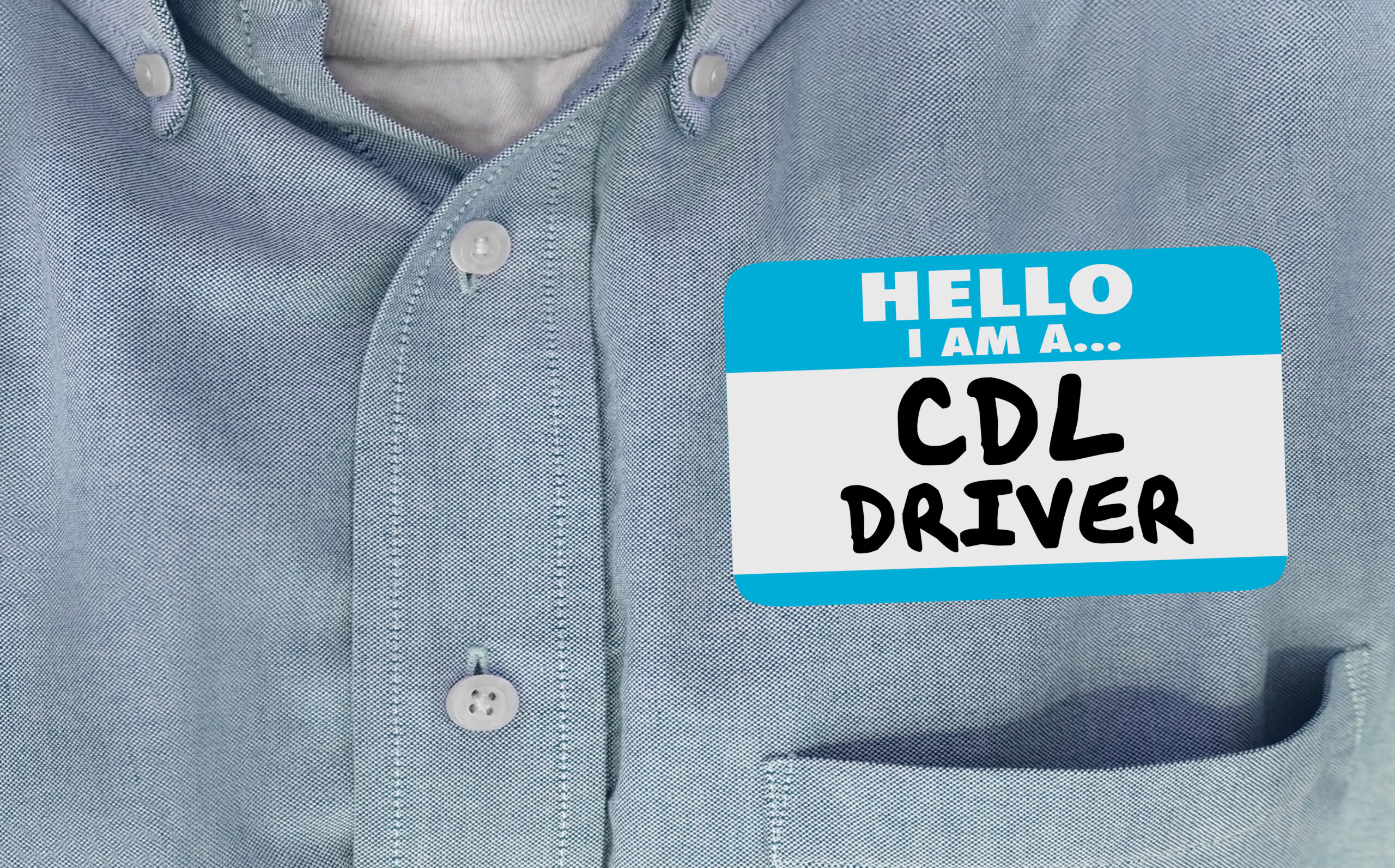What is a DUI?
Driving under the influence, or DUI, means a driver was found to be driving with alcohol or other substances in their system. Drivers in California may receive a DUI charge if a blood or breath test indicates a blood alcohol concentration, or BAC, of 0.08% or greater.
How are DUI Arrests Handled?
When a driver in California is stopped and charged with a DUI, it is often based on the suspected violation of either driving under the alcohol or driving with a BAC of 0.08% or greater. This applies to in and out-of-state drivers. Arresting officers typically conduct post-arrest blood or breath tests to determine BAC. Under the principle of implied consent, anyone driving a motor vehicle in California automatically agrees to chemical testing if needed. Refusal to comply with testing may result in additional fines, penalties, or jail time.
Can I Drive In California Following a DUI Arrest?
California officers typically do not have the authority to confiscate a driver’s license issued by another state, meaning an out-of-state driver may retain their license. However, the California Department of Motor Vehicles will suspend the offender’s California driving privileges. This suspension will take effect 30 days after the DUI arrest.
What is a DMV Hearing?
Any out-of-state driver who receives a DUI charge must request a DMV hearing if the driver would like to contest the suspension of his or her California driving privileges. This request must be made within ten days of the DUI arrest and can be made by a state-licensed attorney. Remember, a DMV hearing is only to consider license suspension and not for criminal charges. The court will not assign a public defender if you cannot afford a private attorney for a DMV hearing.
Will I Need to Be Present in Court?
In most misdemeanor cases, a lawyer may represent a driver on their behalf, meaning a driver’s physical presence would not be necessary. Per California DUI law, out-of-state drivers are afforded the same rights as state residents at these hearings. These rights include:
- Representation by a DUI lawyer or criminal defense attorney
- Review evidence presented by the DMV
- Present evidence before the DMV
- Subpoena and call witnesses for cross-examination
- Appeal an adverse decision
However, defendants generally must appear in court for felony charges.
Will a DUI Charge Affect Me in My Home State?
Under the Interstate Driver’s License Compact, IDLC, states are encouraged to communicate and share license information and traffic violation records for legal purposes. Following a California DUI, the DMV will inform the driver’s home state DMV of the details regarding the arrest. If a driver is convicted of a California DUI, their home state can impose its own penalties in addition to the penalties imposed by the State of California. Under the IDLC, crimes committed by drivers in one state can be treated as though committed in a person’s home state. There are only five states not included in this compact: Georgia, Massachusetts, Michigan, Tennessee, and Wisconsin.
What Penalties Will I Face In California?
When an out-of-state driver receives a DUI conviction, he or she will face the same penalties as in-state residents. The severity of the punishment will depend on the current charges and the driver’s record. The penalties are as follows:
First offense: misdemeanor, informal probation up to 60 months, up to 6 months in jail, fine up to $1,000, up to 9 months of DUI school, up to 6 months with an ignition interlock device (IID).
Second offense: misdemeanor, up to 60 months of misdemeanor probation, up to one year in jail, fine up to $1,000, up to 30 months of mandatory DUI school, and up to one year of mandatory IID installation.
Third offense: misdemeanor, up to 60 months of probation, up to one year in jail, up to 30 months mandatory DUI school, DMV designation as a habitual traffic offender (HTO), and up to 2 years of IID installation.
When drunk driving results in an injury, the offense is considered a wobbler. A wobbler is recognized as a crime that can be punished as either a misdemeanor or felony. DUIs with injuries are penalized as follows:
- Misdemeanor: probation up to 60 months, up to one year in jail, up to $5,000 in court fines, up to 30 months of DUI school, victim restitution, and six months of mandatory IID installation.
- Felony: up to 120 months in prison with an additional 12 to 72 months depending on the number of victims and the severity of injury, up to $5,000 in court fines, up to 30 months of DUI school, 36 months of HTO status, victim restitution, up to 36 months of mandatory IID installation, and additional strike on driving record.
Obtaining at least four DUIs in ten years is considered a felony. The punishment includes up to 36 months in prison, 30 months DUI school, fines up to $1,000, mandatory IID installation for one year or failure to comply will result in license suspension for up to 48 months or permanently, and an HTO status label.
If driving under the influence results in a person’s death, the driver will face life imprisonment.
Do I Need an Attorney?
Facing legal trouble is always challenging. Facing trouble in a different state is even harder. Here at Patrick Silva, Attorneys at Law, we are competent in California DUI laws and will help you navigate your case. Call today at 909-798-1500 for a free consultation.




